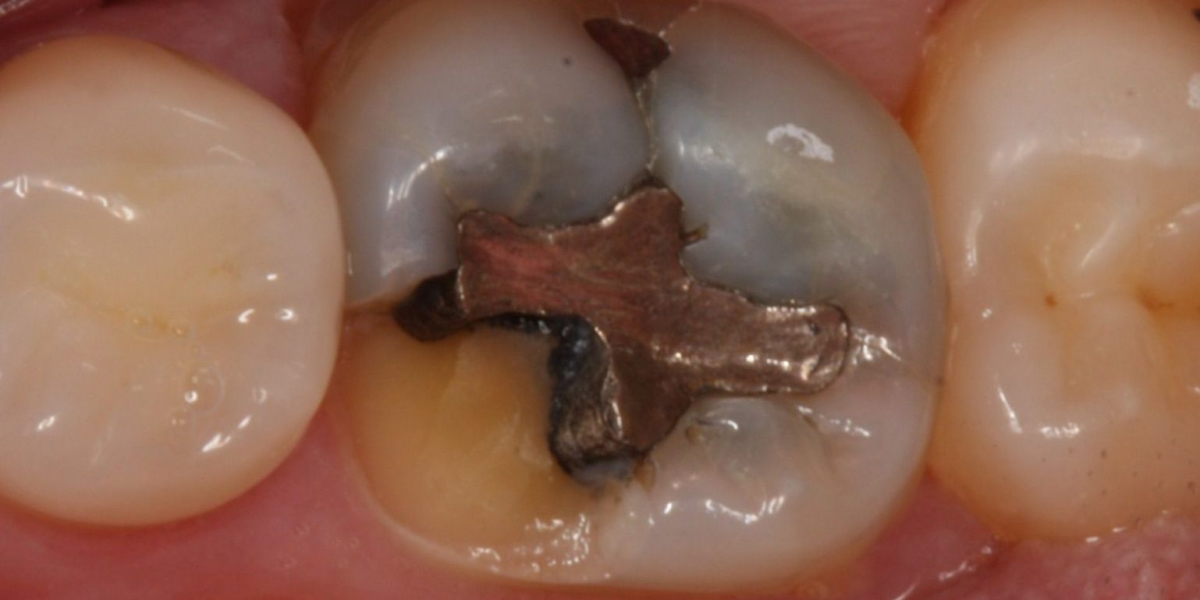What To Do After Fillings

After receiving dental fillings, it’s essential to follow a series of steps to ensure proper healing, prevent complications, and maintain the longevity of your fillings. The type of filling you received, whether it’s amalgam, composite, gold, or ceramic, may have specific aftercare instructions, but there are general guidelines that apply to most situations.
Immediate Aftercare (First 24 Hours)
- Anesthesia Wear-Off: If you were given local anesthesia during the procedure, avoid eating or drinking until the numbness wears off. This is to prevent accidental biting of your cheek or tongue.
- Sensitivity: It’s common to experience some sensitivity after a filling, especially if the decay was close to the pulp. This usually subsides within a few days but can be managed with over-the-counter pain relievers like ibuprofen or acetaminophen.
- Avoid Hot or Cold Foods/Drinks: For the first 24 hours, it’s advisable to avoid extremely hot or cold foods and drinks to minimize sensitivity and allow the filling to set properly.
- Soft Food Diet: Stick to a soft food diet for the first day. This includes foods like soup, yogurt, scrambled eggs, and mashed potatoes. Avoid chewy, hard, or sticky foods that could dislodge the filling or cause discomfort.
Short-Term Care (First Week)
- Oral Hygiene: Resume your regular oral hygiene routine as soon as possible. Brush your teeth gently with a fluoride toothpaste and floss once a day. Be cautious around the filled tooth.
- Monitoring Sensitivity: If sensitivity persists beyond a few days or is severe, contact your dentist. It might be a sign that the filling needs adjustment.
- Follow-Up Appointment: If a follow-up appointment was scheduled, keep it to ensure the filling is setting correctly and to address any concerns.
Long-Term Care
- Regular Dental Visits: Continue with your regular dental check-ups (usually every six months) to monitor the condition of your fillings and overall dental health.
- Proper Oral Care: Maintain good oral hygiene practices to prevent further decay and problems with your fillings.
- Avoid Grinding: If you have a habit of grinding or clenching your teeth, consider wearing a mouthguard at night to protect your fillings and prevent wear on your teeth.
- Avoid Sticky or Hard Foods: Even after the initial healing period, it’s wise to avoid foods that could potentially damage your fillings, such as caramels, ice, or hard candies.
When to Seek Immediate Dental Care
- Severe Pain: If you experience severe pain or pressure when biting down, it could indicate that the filling is too high and needs adjustment.
- Filling Falls Out: If your filling falls out, contact your dentist immediately. They can provide guidance on temporary fixes until you can be seen.
- Increased Sensitivity: Persistent or severe sensitivity to hot or cold temperatures could signal that the filling is leaking or that there’s an issue with the nerve of the tooth.
By following these guidelines, you can ensure a smooth recovery and prolong the life of your dental fillings. Remember, good oral health is key to maintaining the integrity of your fillings and preventing future dental issues.
What should I eat after getting a filling?
+After getting a filling, it’s best to stick to a soft food diet for at least 24 hours. Foods like soup, yogurt, scrambled eggs, and mashed potatoes are great options. Avoid hot, cold, chewy, hard, or sticky foods.
How long does it take for a filling to set?
+The setting time for a filling can vary depending on the type of material used. Composite fillings can be set with a special light and are ready to use immediately, while amalgam fillings may take a few hours to harden completely.
Can I drink coffee after a filling?
+It’s generally recommended to avoid extremely hot or cold beverages, including coffee, for at least 24 hours after getting a filling to minimize sensitivity and allow the filling to set properly.
